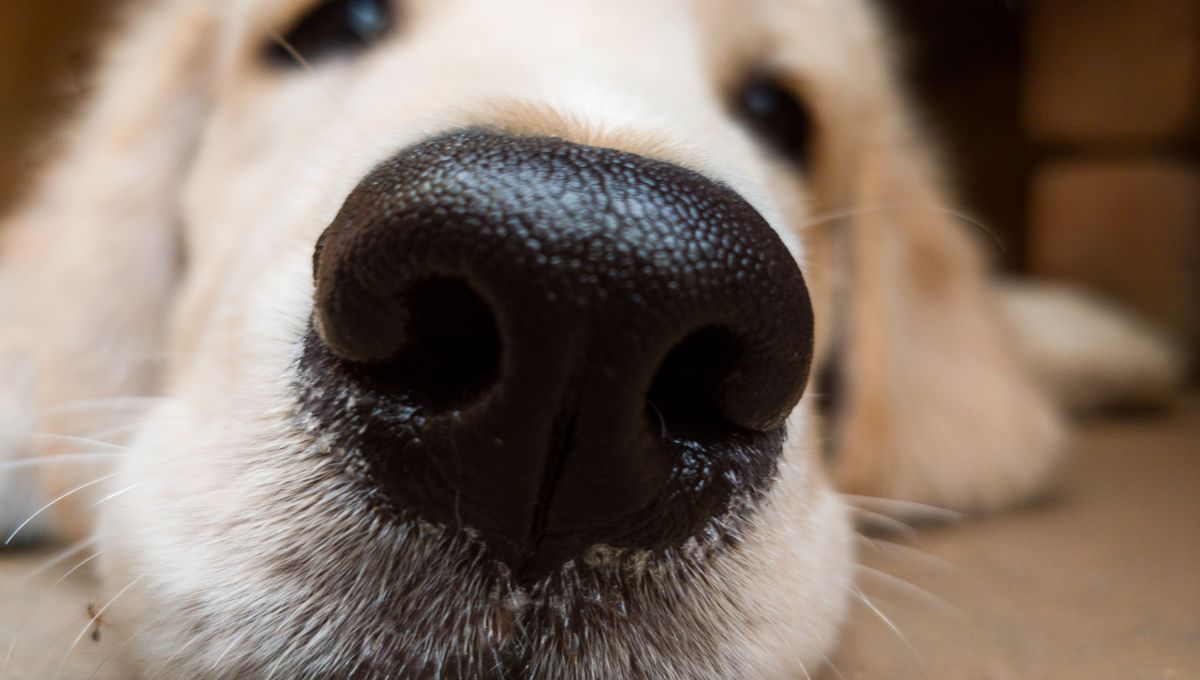
A golden retriever named Bumper and a black Labrador retriever named Peanut have shown that Parkinson’s disease (PD) carries a distinct odor that can be detected by specially trained sniffer dogs. According to researchers, the pair’s olfactory expertise may offer hope for an early diagnostic test that could help doctors catch and treat the illness years before symptoms develop.
The dogs were trained to distinguish between the oily skin secretions – or sebum – of people with Parkinson’s from those without. Over a period of up to a year, the duo sniffed 205 sebum samples, learning to identify the scent of the disease.
At the end of their training, the pooch pair were tested in a double-blind study involving 40 samples from PD patients and 60 control samples from individuals who did not have the condition. Results showed that Peanut was able to identify the disease in 80 percent of cases, while correctly returning a negative diagnosis for 98 percent of control samples.
Bumper, meanwhile, managed to sniff out the condition in 70 percent of trials and had a 90 percent success rate for negative diagnoses. According to the authors of a new study, the dogs’ sensitivity levels of 70 and 80 percent “are well above chance” and considerably higher than the responsiveness shown by dogs to other conditions, such as bladder cancer, which canines have been shown to detect with 41 percent accuracy.
“There is currently no early test for Parkinson’s disease and symptoms may start up to 20 years before they become visible and persistent, leading to a confirmed diagnosis,” said study author Claire Guest in a statement. “Timely diagnosis is key as subsequent treatment could slow down the progression of the disease and reduce the intensity of symptoms.”
“We are extremely proud to say that once again, dogs can very accurately detect disease,” she said. However, despite the proficiency shown by Peanut and Bumper, the team’s findings show that not all dogs are able to sniff out PD with the same level of success.
Of an initial group of 10 dogs, only five showed signs of potential aptitude and went on to commence training. Of these, three failed the course, leaving just the two super sniffers to take part in the final exam.
Taking all of this into account, the study authors explain that “while we do not envisage dogs being diagnostic, they could potentially, with refinements, help to validate methods of clinical utility and aid rapid screening and diagnosis.”
“This may in turn lead to opportunities for earlier intervention and be especially beneficial for hard-to-diagnose cases of PD,” they write.
The study has been published in the Journal of Parkinson’s Disease.
Source Link: Dogs Can Smell Parkinson’s Disease Years Before Symptoms Appear With Incredible Accuracy